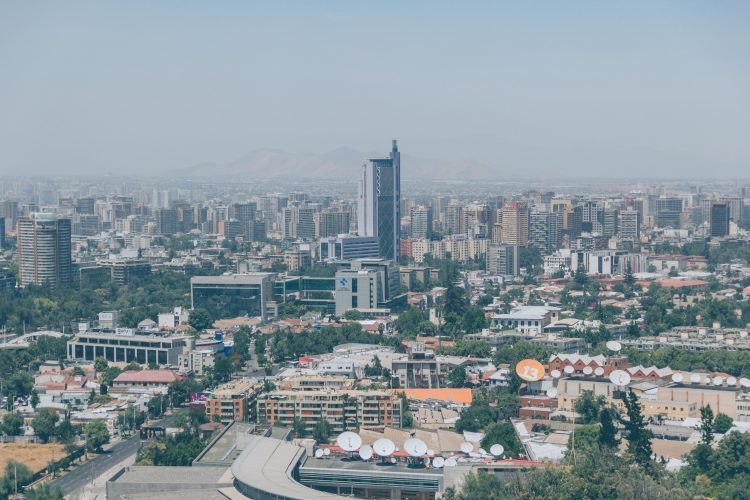On 3 March, the Chilean Under-Secretariat for Social and Administrative Development (SUBDERE), together with the European Union EUROsociAL+ Programme and the Catholic University, inaugurated a Diploma in Social Policies in Cohesive Territories for the Chilean regional governments.

Foto: Álvaro Reyes
The Diploma will be carried out in keeping with SUBDERE’s role to strengthen the capacities of the regional governments, within the framework of the decentralisation process originated by Law No. 21,074, which institutionalises the Divisions of Social and Human Development, attributing to them a wide range of new competencies in matters relating to social and cultural development.
The objective of the Diploma, which will take place from now until July, will be to contribute to developing the skills of the heads and professionals in the new regional government Divisions of Social and Human Development, in order for them to assume an effective role in conducting and analysing regional policy on issues related to social and human development, thus strengthening regional social cohesion policies.
To achieve this objective, the European Union EUROsociAL+ Programme and, in particular, its Areas relating to Social Policies, which is managed by the IILA, and Democratic Governance, managed by FIIAPP, is providing technical assistance to support the implementation of the new Divisions, thus enhancing the lessons learned in Europe relating to the decentralisation of social policies.
During the inauguration, formal greetings were delivered from SUBDERE’s head of the Regional Development Division, Felipe Petit-Laurent, the head of the programme at the Centre for International Studies of the Catholic University in Chile, Jorge Sahd, and the European Union ambassador to Chile, León de la Torre Krais.
In his speech, the ambassador underlined the importance of the regionalisation process underway in Chile and the opportunity to benefit from the experiences of countries such as Italy and Spain. He also mentioned the association agreement between the EU and Chile and the EU’s support for the constituent process, a historic milestone in the region and worldwide.
Subsequently, two master classes were given, one by María Esther del Campo, dean of the Faculty of Political Sciences and Sociology at the Complutense University of Madrid (Spain), and the other by Chiara Crepaldi, a teacher and researcher at the IRS – Instituto per la Ricerca Sociale (Italy). The former presented key concepts in decentralisation policies in a comparative format, reporting on cases from Latin America, while the latter shared important elements relating to policies and social rights in Europe, from the European to the sub-national level, and regarding the level of decentralisation in the welfare systems of some European countries.
During the opening day, which was closed by Rodrigo Candia, the head of SUBDERE’s Department for Regional Strengthening and Management, a very high degree of participation was apparent. This highlighted the clear interest shown by regional government civil servants in Chile and their disposition to take advantage of the Diploma, which represents an opportunity for learning, exchange and dialogue.



